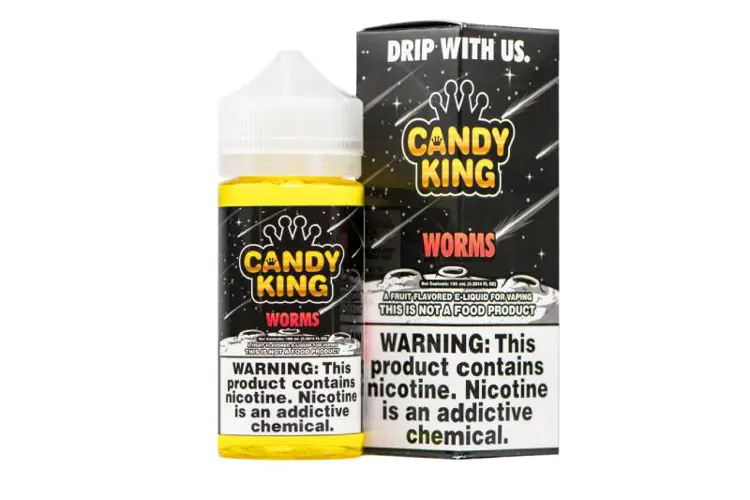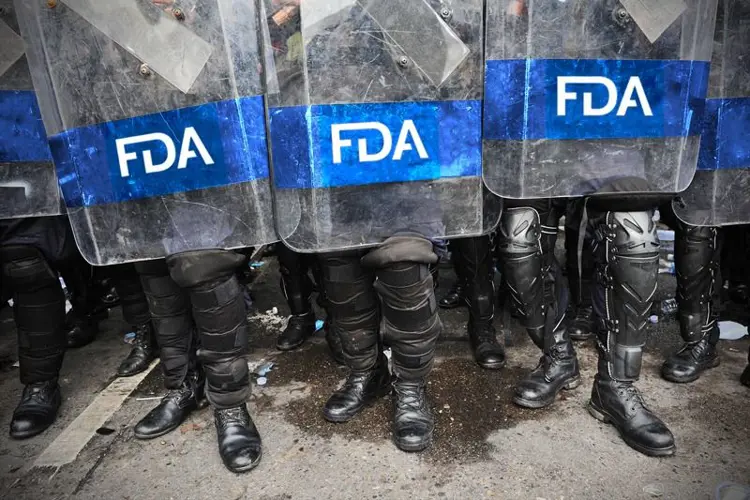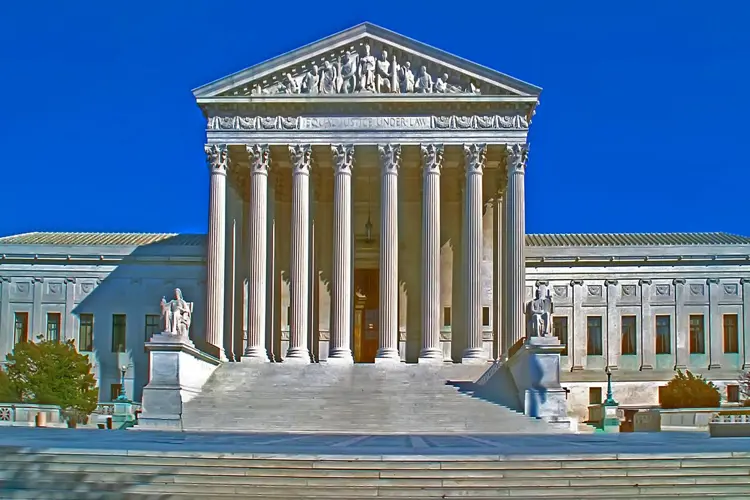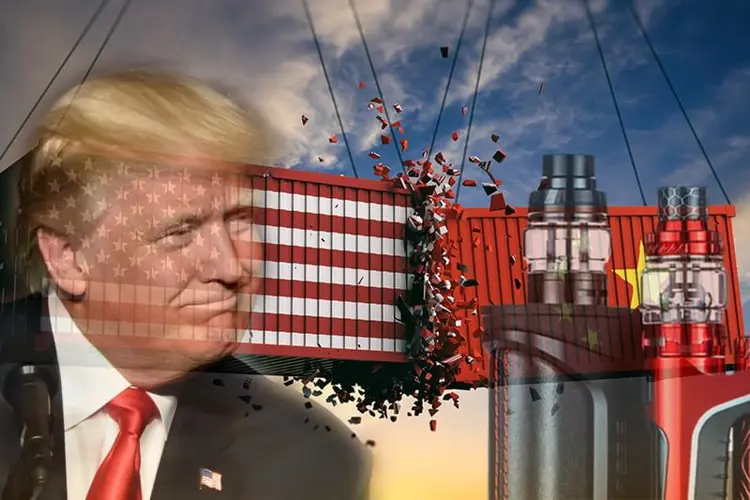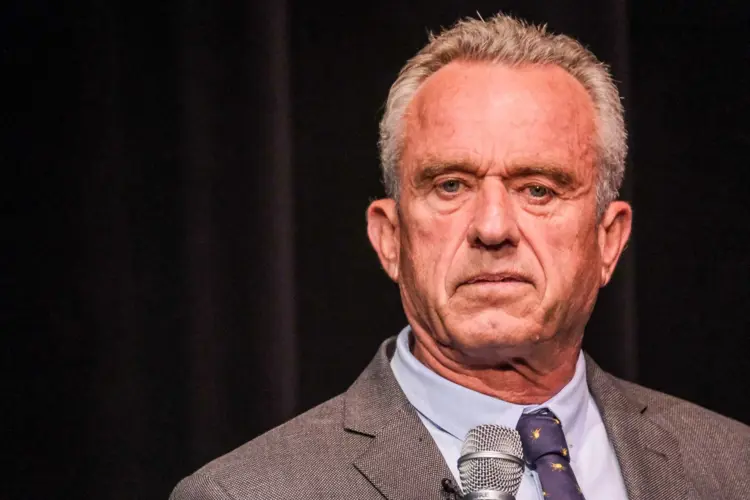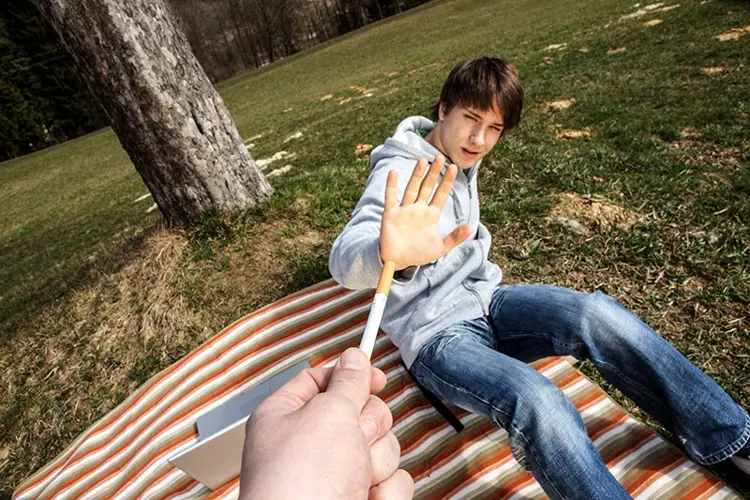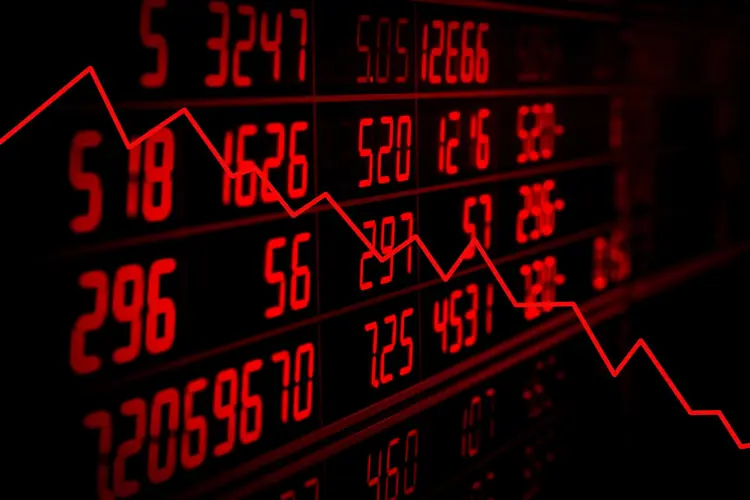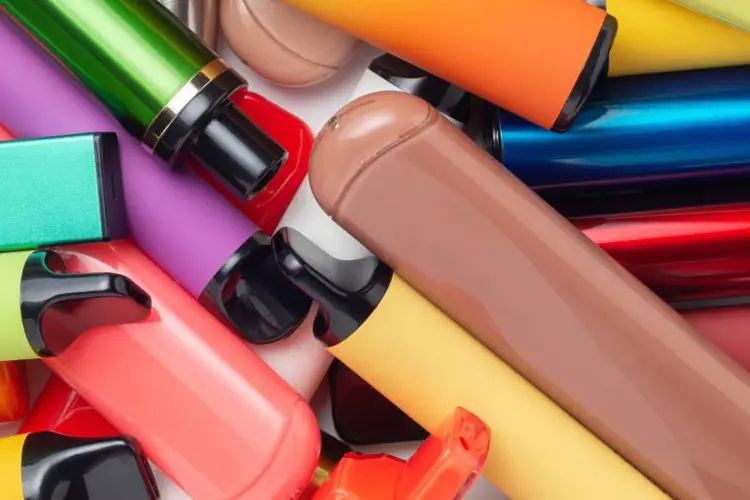A cannabis-based pharmaceutical may be available for sale with prescription in the United States this year. Positive clinical trials of Epidiolex could persuade the Food and Drug Administration (FDA) to approve the CBD-based anti-seizure medicine as early as June.
The drug, developed by GW Pharmaceuticals, is made from purified cannabidiol (CBD), a non-psychoactive compound found in the cannabis plant (which includes both marijuana and hemp). Although CBD has been used informally to treat epilepsy for years, this would be the first time a cannabis-based drug has been submitted for approval to the FDA.
The new study, describing Phase 3 results of the Epidiolex clinical trials, was published in the journal The Lancet. According to a press release from GW Pharmaceuticals, the drug “significantly reduced monthly drop seizure frequency compared to placebo in highly treatment-resistant patients when added to existing treatment.”
“For some, it does not do a whole lot. But for the people it does work in, it is priceless.``
The drug was tested on patients with Lennox-Gastaut syndrome, a rare epilepsy that typically begins in childhood. The company has also shown the drug to be effective treating Dravet syndrome, another epileptic condition. In the study, 44 percent of the patients treated with Epidiolex had a significant reduction in seizures. The trial randomly assigned 171 patients into two groups, one receiving the new drug, and the other getting a placebo.
"For some, it does not do a whole lot," lead author Elizabeth Thiele told The Washington Post. "But for the people it does work in, it is priceless." Thiele is the director of the Pediatric Epilepsy Program at Massachusetts General Hospital in Boston, and a neurology professor at Harvard Medical School.
The manufacturer has already submitted a New Drug Application to the FDA. The application was accepted in December, and approval is expected in June. GW says the drug will be available soon after June, if approved. The company has also submitted a Marketing Authorisation Application to the European Medicines Agency (EMA) in December 2017, and expects a decision in early 2019.
Schedule 1 drugs are defined as having no medical value and high abuse potential.
About 1,500 patients are already being treated with Epidiolex in the U.S. under the FDA’s “compassionate use” exemption that allows some patients with serious conditions to use certain drugs before they receive FDA approval.
“One child who comes to mind had multiple seizures a day. She had been on every medication possible,” Dr. Thiele told the Post. She said the girl has now been seizure-free for almost four years. “She is now talking about college options. She would have never had that conversation before. It has been life-changing.”
Cannabis and all of its parts, including the cannabinoids CBD and THC, are classified by the U.S. government as a Schedule 1 narcotic. Schedule 1 drugs are defined as having no medical value and high abuse potential. That means FDA approval for Epidiolex could create the bizarre situation of one CBD-based drug approved by the government, while all other CBD products (like CBD oil for pain) remain federally classified with the most dangerous drugs, like heroin.
The Freemax REXA PRO and REXA SMART are highly advanced pod vapes, offering seemingly endless features, beautiful touchscreens, and new DUOMAX pods.
The OXVA XLIM Pro 2 DNA is powered by a custom-made Evolv DNA chipset, offering a Replay function and dry hit protection. Read our review to find out more.
The SKE Bar is a 2 mL replaceable pod vape with a 500 mAh battery, a 1.2-ohm mesh coil, and 35 flavors to choose from in 2% nicotine.
Because of declining cigarette sales, state governments in the U.S. and countries around the world are looking to vapor products as a new source of tax revenue.
The legal age to buy e-cigarettes and other vaping products varies around the world. The United States recently changed the legal minimum sales age to 21.
A list of vaping product flavor bans and online sales bans in the United States, and sales and possession bans in other countries.







